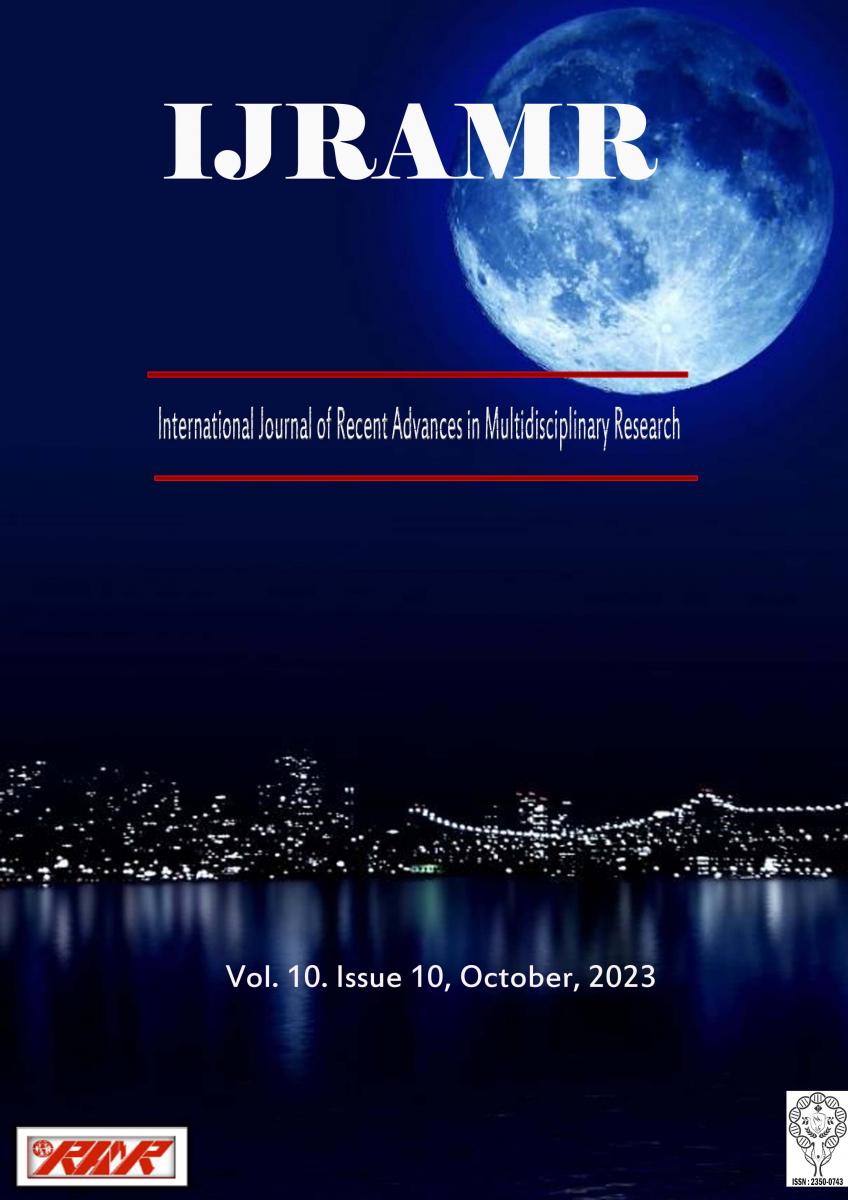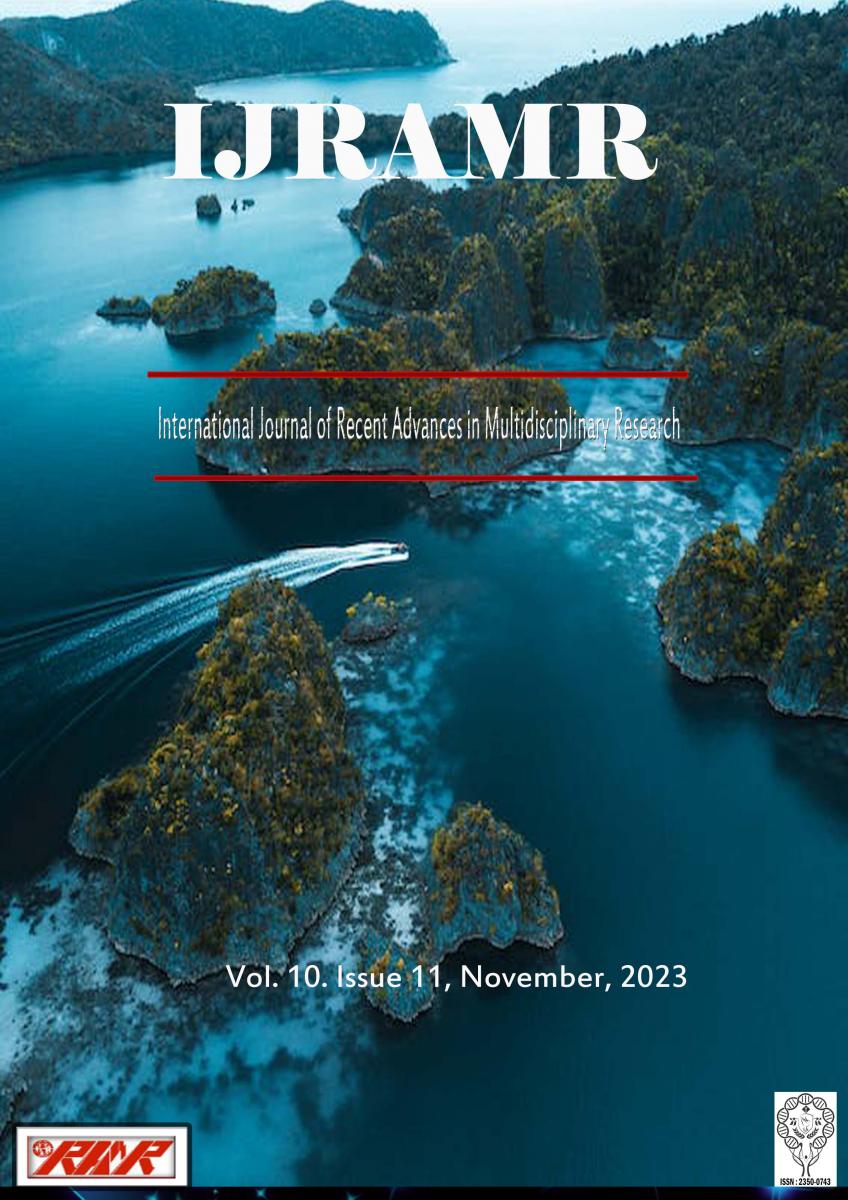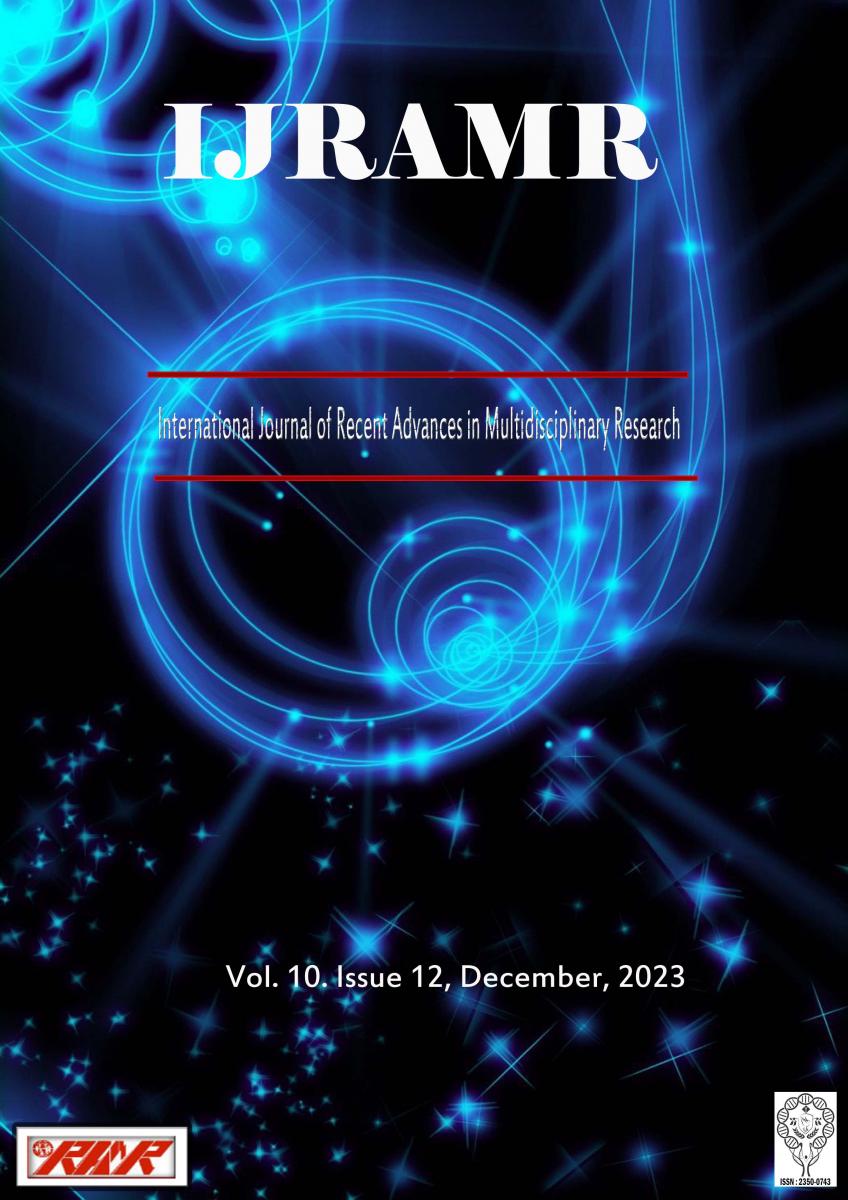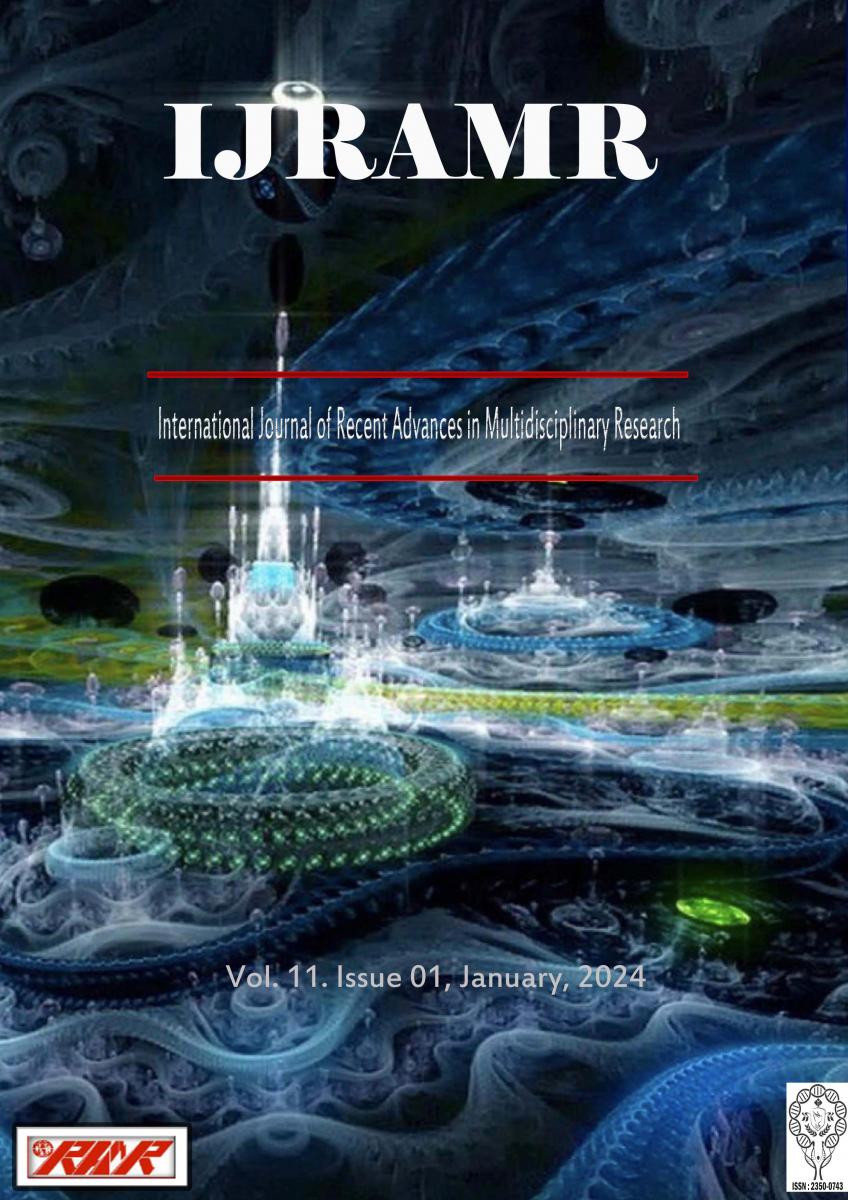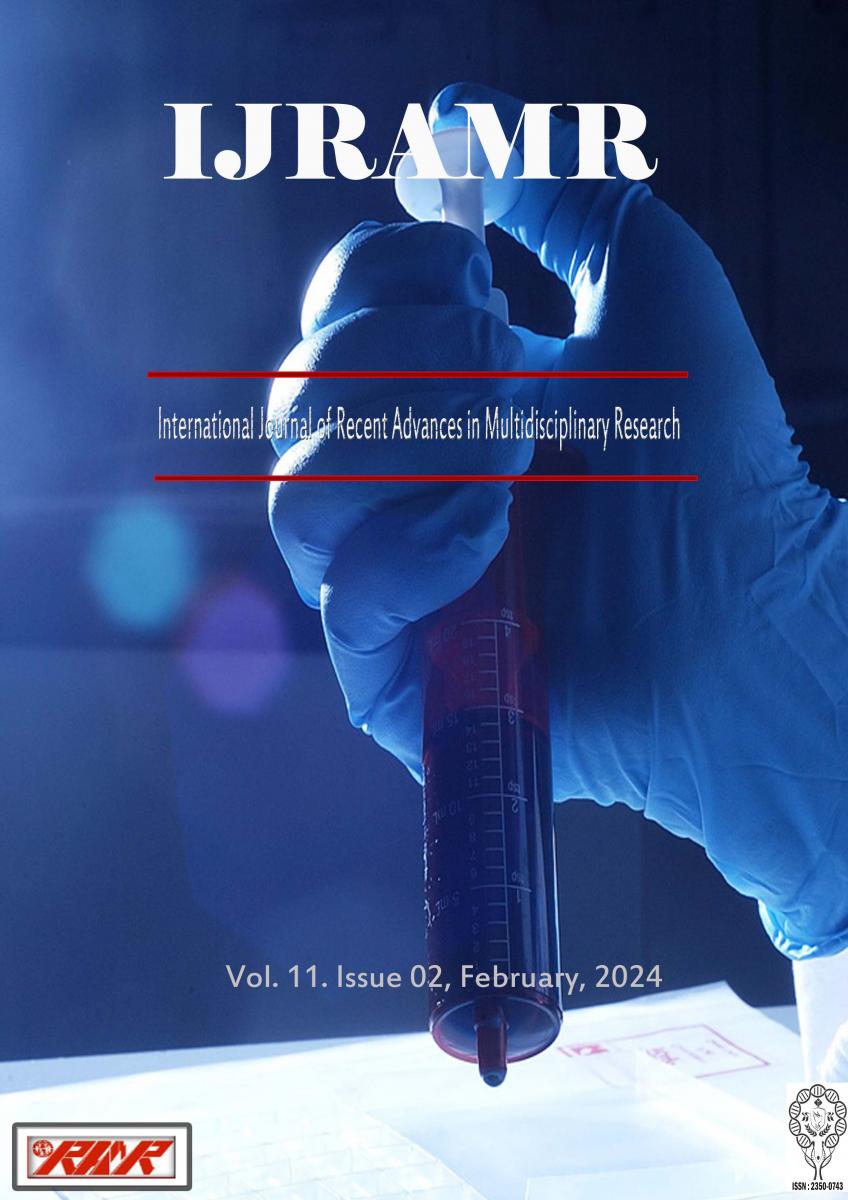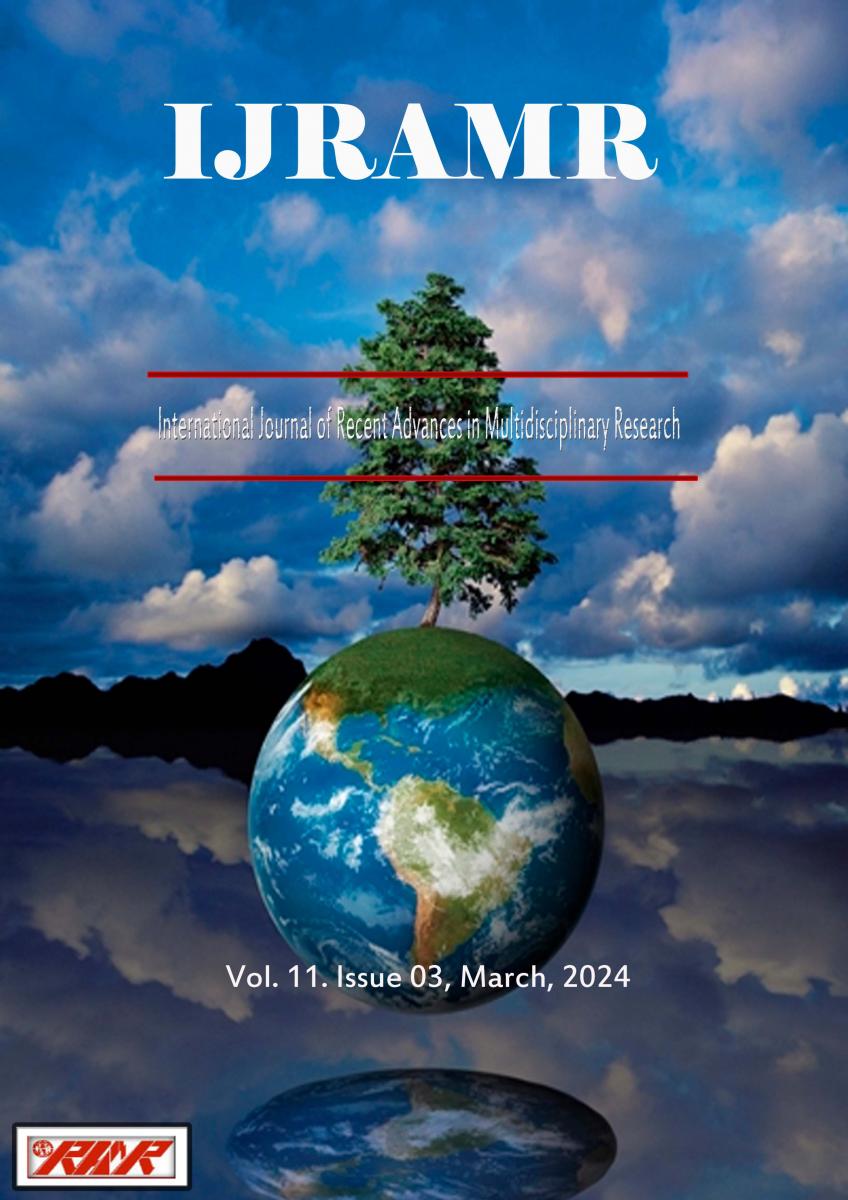Hepatitis B is a viral infection that attacks the liver; its virus persists in the environment for more than 7 days. It is present in all biological fluids of infected subjects, mainly blood. Its main modes of transmission are: sexual, parenteral, maternal -fetal and horizontal transmission. This constitutes a public health problem. This is a prospective and descriptive study of an analytical type. It took place from September 1 to November 30, 2023. Objective: Determining the prevalence of HBsAg within the population of pregnant women admitted for consultation at the Saabou Health Center is the main objective of this study. Method: The Aichek -type chromatographic immune test technique for the detection of hepatitis B virus (HBV) surface antigen in serum is used. Results: Out of a total of 215 pregnant women tested, 7 were HBV positive, or 3.25%, compared to 208 HBV negative cases, or 96.75%. The 34-42 age group presents 4 positive HBV cases, or 57.14%. Brides, who are not only the most represented in the samples, are also the most affected by HBV with 5 positive cases, or 71.42%. Compared to the professional case, housewives were the most affected with 57.14%. Conclusion: this infectious disease is gaining ground; we must act at all levels to put an end to it. This study is part of an investigation campaign into the circulation of HBV among pregnant women in the Mamou prefecture.
